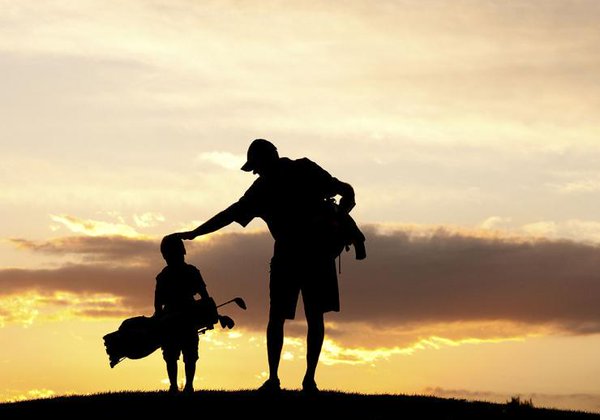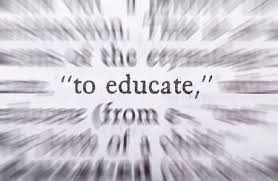Gold Medal Parents: Little League Players need Big League Parenting!

So you believe your child will be the next big thing in the Big Leagues?
So you think it is inevitable that your son will win an Olympic Gold Medal one day?
So you are a 100% certain that your little girl will be the next Nadia Commenici?
Gold Medal kids need Gold Medal parents.
Little Leaguers who aspire to the Big Leagues need Big League Parenting.
Are you up to the challenge?
So what type of sporting parent are you?
The “Been There Myself” Sporting Parent
- Typical Behaviour – Talks about how they did it in the old days. Tries to get children to train and compete the way they did when they were training and competing.
Positives – Knows and understands sport, coaching, training. Has an empathy with their children and what they are going through.
Negatives – Applies methods that were successful in their sporting careers to their kids. These methods are possibly outdated and may even be counter productive. May also try to live out unfulfilled sporting dreams through their child’s sporting career.
The “Chance to Make a Million” Sporting Parent
- Typical Behaviour – Seen at tennis, golf and football training sessions and games.
Positives – If the child is successful, their financial security is assured. May take a very professional and thorough approach to their child’s sporting development.
Negatives – High pressure environment – long term psychological consequences if the child doesn’t make it – very few sports people can actually make a living out of sport.
The “Over protective” Sporting Parent
- Typical Behaviour – Packs child’s sports bag for training and practice. Carries the bag into training. Would probably do their child’s homework if they could get away with it.
Positives – Child feels supported, loved, nurtured and cared for.
Negatives – Child does not get the opportunity to develop independent, self-motivating characteristics.
The “Ugly” Sporting Parent
- Typical Behaviour – Yelling, screaming and verbally abusing children, coaches, umpires and coaches at sporting arenas all over the world on Saturday afternoons.
Positives – None
Negatives – High pressure – equates child’s sports performance with child’s (or self’s) character. Child learns that unless they are successful, parent’s approval will not be forthcoming. Child feels embarrassed about parent’s behaviour. High level of emotion may lead to poor decisions being made under pressure situations.
The “Drop You Off, Do My Shopping While You Play” Sporting Parent (also called the “Sports as a Babysitter” sporting parent)
- Typical Behaviour – Leaves kids at training and practice while parent goes shopping or elsewhere.
Positives – Allows child to develop independence with limited pressure.
Negatives – No interest in child’s sporting development, child may resort to extreme behaviours to get attention.
Check out Part 2 of this article.
Wayne Goldsmith


0 Comments